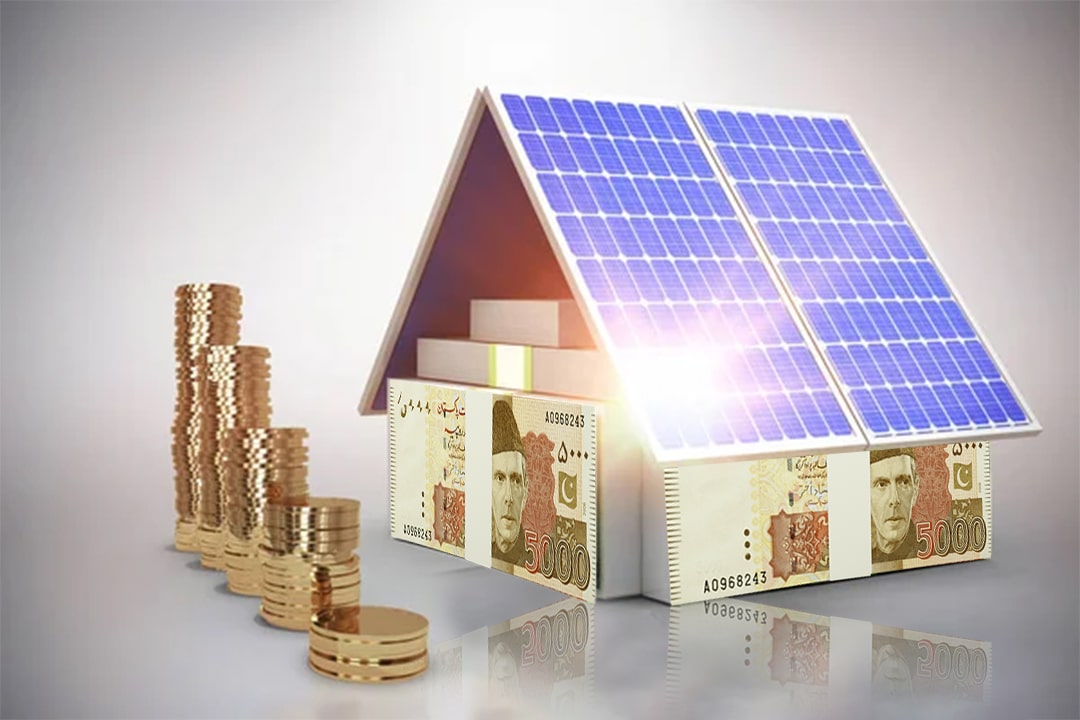
Introduction
The topic of financing options for solar panel installation is becoming increasingly important as more individuals and businesses seek to embrace renewable energy. This article explores the various financing methods available and discusses their relevance and significance in today’s world. With the growing interest in solar energy and the need for affordable solutions, understanding these financing options is crucial for homeowners and businesses alike.
Historical Background
Solar panel installation has come a long way over the years. From its humble beginnings as an expensive and niche technology, it has evolved into a viable and accessible option for many. The emergence of financing options has played a pivotal role in driving the adoption of solar energy. These options have made it easier for individuals and businesses to invest in solar panels by providing flexible payment plans and reducing upfront costs.
Key Concepts and Definitions
To fully understand financing options for solar panel installation, it is important to define key terms. Solar panel financing refers to the various methods available to finance the installation of solar panels. These methods include solar loans, power purchase agreements (PPAs), and leasing options. Each method has its own implications and considerations for homeowners or businesses.
Main Discussion Points
Solar Loans
Solar loans are a popular financing option for those looking to invest in solar panels. They work by providing individuals or businesses with the funds needed to purchase and install solar panels. Solar loans offer several benefits, including reducing or eliminating upfront costs and allowing individuals to own the solar panels outright. There are different types of solar loans available, including secured and unsecured options, each with its own eligibility criteria and potential interest rates.
Power Purchase Agreements (PPAs)
Power Purchase Agreements, or PPAs, offer an alternative financing method for accessing solar energy without upfront costs. With a PPA, homeowners or businesses enter into an agreement with a solar provider who installs and maintains the solar panels on their property. In return, the homeowner or business agrees to purchase the electricity generated by the panels at a fixed or variable rate. While PPAs provide a hassle-free way to access solar energy, there are advantages and disadvantages to consider, such as long-term contract terms and potential restrictions.
Leasing Options
Leasing solar panels is another popular financing option. It allows individuals or businesses to rent solar panels and enjoy the benefits of solar energy without the upfront costs or ownership responsibilities. Leasing options come in different models, such as operating leases and capital leases, each with its own set of advantages and considerations. While leasing solar panels can provide immediate access to renewable energy, it is important to carefully evaluate the terms and potential drawbacks associated with leasing.
Incentives and Rebates
In addition to the various financing options available, there are also incentives and rebates that can significantly reduce the cost of solar panel installation. These incentives can come from federal, state, and local programs and provide financial support to individuals or businesses looking to invest in solar energy. Understanding the eligibility requirements and the process of accessing these incentives is crucial in maximizing the financial benefits of solar panel installation.
Case Studies or Examples
Real-world examples of individuals or businesses that have utilized different financing options for solar panel installation can provide valuable insights. These case studies offer a glimpse into the experiences of others, including the financial benefits they have enjoyed and any challenges they may have faced along the way. By examining these examples, individuals and businesses can gain a better understanding of the practical implications of different financing options.
Current Trends or Developments
The field of solar panel financing is constantly evolving, with new trends and developments emerging regularly. One current trend is the emergence of innovative finance models and new financing products that aim to make solar panel installation even more accessible and affordable. It is important to stay informed about these trends and developments, as they may present new opportunities or considerations for individuals and businesses.
Challenges or Controversies
While financing options for solar panel installation offer numerous benefits, there are also common challenges and controversies associated with them. Some of these challenges include high initial costs, potential limitations in contract terms, and varying viewpoints on the effectiveness or suitability of certain financing methods. It is important to address and understand these challenges to make informed decisions.
Future Outlook
Looking to the future, advancements in technology and changes in regulatory frameworks may have a significant impact on financing options for solar panel installation. As solar panel technology continues to improve and costs decrease, financing options are expected to become even more accessible and affordable. Additionally, changes in regulations and policies may further incentivize the adoption of solar energy. Keeping an eye on these potential advancements and changes can help individuals and businesses plan for the future.
Conclusion
In conclusion, understanding and evaluating financing options for solar panel installation is crucial for individuals and businesses looking to embrace renewable energy. By considering the various methods, such as solar loans, PPAs, and leasing options, individuals and businesses can make informed decisions that align with their financial goals and requirements. With incentives and rebates available, the cost of solar panel installation can be significantly reduced, making it an attractive investment for many.